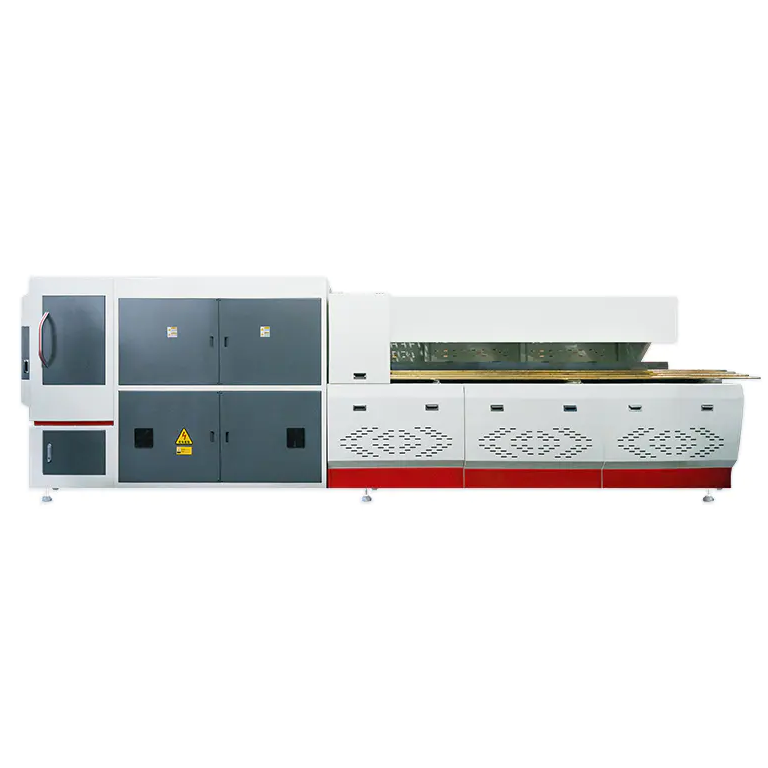Manufacturers of hot forging machines play an important role in meeting the demands of metal forming industries. These machines are widely used in sectors such as automotive, aerospace, construction, and heavy machinery, where the shaping of metal components with controlled temperature and force is required. From the manufacturer’s point of view, several factors contribute to the overall quality and usability of hot forging machines.
A key consideration is the selection of materials used in machine construction. Components such as the frame, forging dies, and mechanical parts must withstand high temperatures and repeated mechanical stress. Manufacturers often use specially treated steel alloys that provide resilience against wear and thermal fatigue. This material choice helps extend the service life of the machine, reducing the need for frequent repairs or replacements.
Another important aspect is the design of the forging mechanism itself. Different types of hot forging machines—such as hydraulic presses, mechanical presses, or screw presses—have unique advantages depending on the application. Manufacturers focus on optimizing the mechanical transmission systems, ensuring smooth and reliable operation with consistent force delivery. This enhances the accuracy and repeatability of the forging process.
Control technology is also a critical area. Modern hot forging machines are often equipped with programmable control units that allow operators to adjust parameters like pressure, speed, and temperature. From a manufacturing standpoint, integrating user-friendly interfaces and automation features simplifies operation and improves production efficiency. These systems also support safety protocols, reducing the risk of accidents during operation.
Manufacturers also pay attention to maintenance and serviceability. Designing machines with accessible components and modular parts helps reduce downtime during routine maintenance or part replacement. Offering detailed manuals and technical support assists clients in maintaining their equipment effectively, ensuring steady production with minimal interruptions.
Customization is another point of focus. Each client may have specific requirements related to forging capacity, die dimensions, or heating methods. Manufacturers often work closely with customers to tailor machines to these specifications, enhancing compatibility with existing production lines and meeting product demands.
Before shipment, hot forging machines undergo thorough quality checks, including performance testing under simulated working conditions. This helps identify any potential issues early and ensures machines are delivered in stable working order. Feedback from clients after installation is also valuable for continuous improvement of machine design and functionality.
In conclusion, manufacturers of hot forging machines emphasize durability, operational stability, and adaptability in their products. Through careful material selection, advanced control systems, and collaboration with clients, they support diverse industries in achieving consistent and efficient metal forging outcomes.
